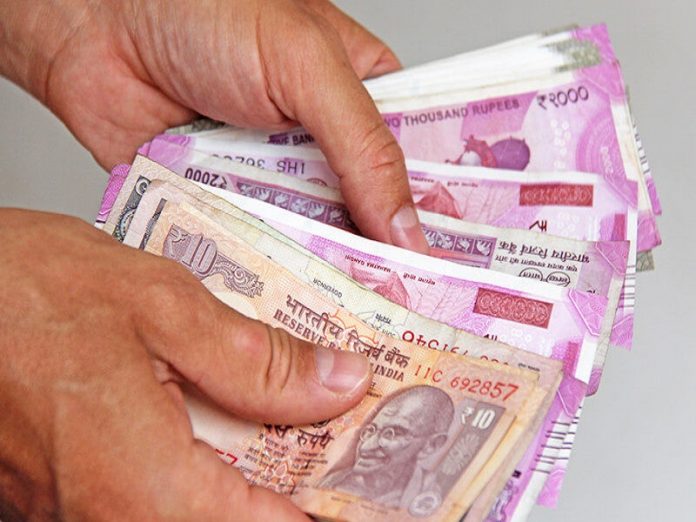The regulations governing income taxes are continually changing, and it is critical for taxpayers to be informed of these changes. For income tax purposes, the fiscal year runs from April 1 to March 31. The financial year 2022-23 is underway. The Income Tax Department has announced several amendments to the tax-related rules for this fiscal year, which will be effective throughout the year. Take a look at some of the most significant changes.
1. The NPS Contribution Center already contributes 14 percent of its employees’ basic income to their NPS (National Pension Scheme) accounts. Starting this fiscal year, state government employees will receive a 14 percent contribution to their NPS account from the state government. Indeed, the employer’s (in this case, the government) contribution to the NPS for state government employees has been increased from 10% to 14% of basic pay, similar to central government employees, though non-government employees. Its duration has not been extended.
Read More: Savings advice: Make a monthly deposit of 1000 rupees and you’ll have a fund of 2 crores!
- EPFO contribution They can contribute up to 12% of their basic income to the EPF, but under the new rules, employees can contribute more as a voluntary contribution. However, a significant condition was added as a result of this. Previously, the full contribution to EPFO was tax-free income, but now, if your contribution to EPFO as an employee is more than Rs 2.5 lakh per year, you would be eligible for interest income tax on contributions beyond Rs 2.5 lakh. This ceiling is Rs 5 lakh for government employees.
- Will be allowed to submit amended returns
As a result of the new rules, taxpayers are now able to file an updated income tax return in order to pay any additional tax that may be due. Within two years of the conclusion of the relevant assessment year, these revised returns can be filed. This unique trait is really important. Allowing for updated ITR filing will allow taxpayers to declare any unreported income voluntarily and avoid legal action. Both the government and the taxpayer will benefit from this.
- Virtual Digital Assets Taxes Cryptocurrencies like bitcoin and Ethereum, as well as other digital assets like non-fungible tokens (NFTs), will be included in virtual digital assets. The income generated by such assets will now be taxed. The income from any virtual asset transaction, such as bitcoin, will be taxed at a rate of 30%. This rule went into force on April 1st. Aside from that, starting July 1, 2022, 1% TDS will be withheld from payments made for virtual asset transfers. Not only that, but the person who receives the virtual digital asset as a gift will be responsible for paying tax on it.
- The Post Office Savings Plan
The government has made it mandatory to credit monthly, quarterly, and annual interest to Post Office, EPF, SCSS, and Fixed Deposit accounts for use of the savings account. After April 1, 2022, you will no longer be able to cash out interest on Post Office, MIS, SCSS, and FD Fixed Deposit accounts. Sanjeev Bajaj, Joint Chairman and MD of Bajaj Capital, provided this information.



